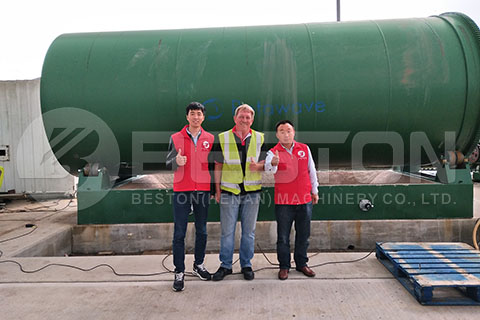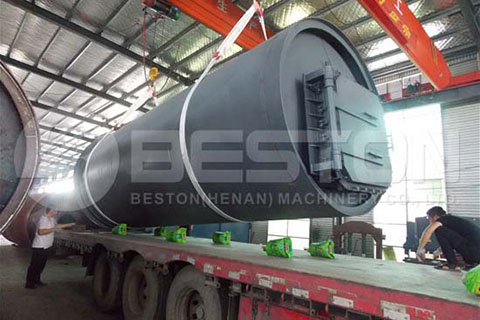Recycling is one of the advisable practices that environmentalists advise that it should be adopted for the benefit of the global world. A tyre to fuel recycling plant specializes in reprocessing waste tyre to oil to save on wastage as well as to preserve the environment by use of technology that uses the environmentally friendly methods for disposing the waste. Tyres can be turned into oil which is the diesel fuel or black gold. Waste tyres can raise the concern for the environment thus a tyre to fuel recycling plant can be useful.

The tyre recycling plant involves the act of exposing the waste tire into an oxygen free zone under high temperatures of around 400 to 500 degree Celsius. If oxygen is left within the plant, the plastic will end up burning and therefore oil will not be generated. The tire must be cut into 4-5 parts then added to base oil and the cracking catalyst which is heated by a small amount of diesel oil as per the amount of tyres to be recycled or by use of gas. During this tyre to oil recycling process, the tire that is subjected to high temperatures starts to break down into small molecules of pyrolysis gas, wire which in this case is steel, carbon black and pyrolysis oil through a process known as pyrolysis also depolymerization or warm air cracking which is a chemical reaction. More details can be found: https://bestonasia.com/waste-tyre-pyrolysis-plant/.
The hydrocarbon molecules that are obtained are then transformed into a vaporous state by creating small chains of hydrocarbon. Some wastes elements which are often found in tyres such as aluminums and manganese are removed and the diesel which by this time is still discolored. The diesel will then be distilled and purified for it to achieve the requirements of the set standards. This whole process should be completed within temperature not less than 360 degree Celsius to avoid the generation of poisonous gases. Due to the fact that there is no molecular change in the assembly of tyres, the process that involves catalysts can restore the waste rubber to its original individual constituents.

Recycling of tyres have proved significant environmental advantages in various zones such as in acidifications and fossil fuels in areas that often occur in greenhouses which is achieved through reprocessing of waste tyres instead of incineration which may lead to air pollution if its waste is not well filtered. Apart from environmental conservation, there is also an important part of oil generation which is an important requirement in our day to day lives and has a greater impact on user profits. Through this process we boost the level of good health around us since waste tyres help to provide shelter to rodents which often traps water leads to a good mosquito breeding ground. The advantage with old tyre recycling machine is that there is lower emission of toxins as compared to various known coal. It also generates more energy than coal and similar amount to coal. Tyres also give an option of converting them back to synthetic rubber although it is an expensive method that is not economical.